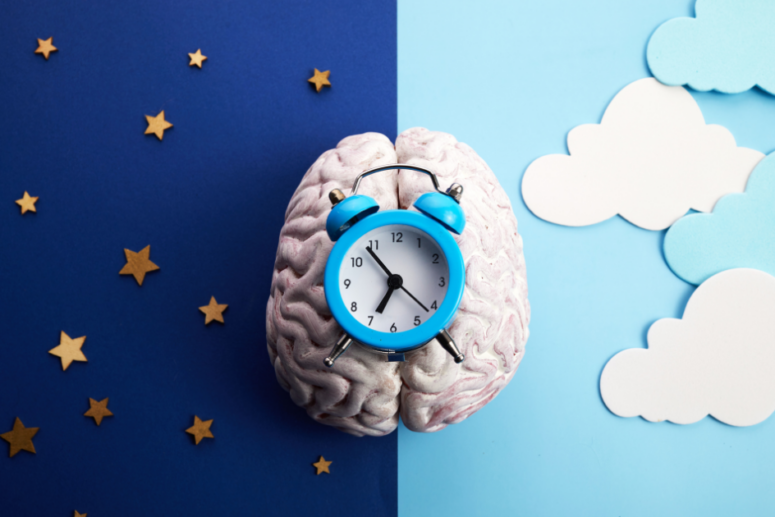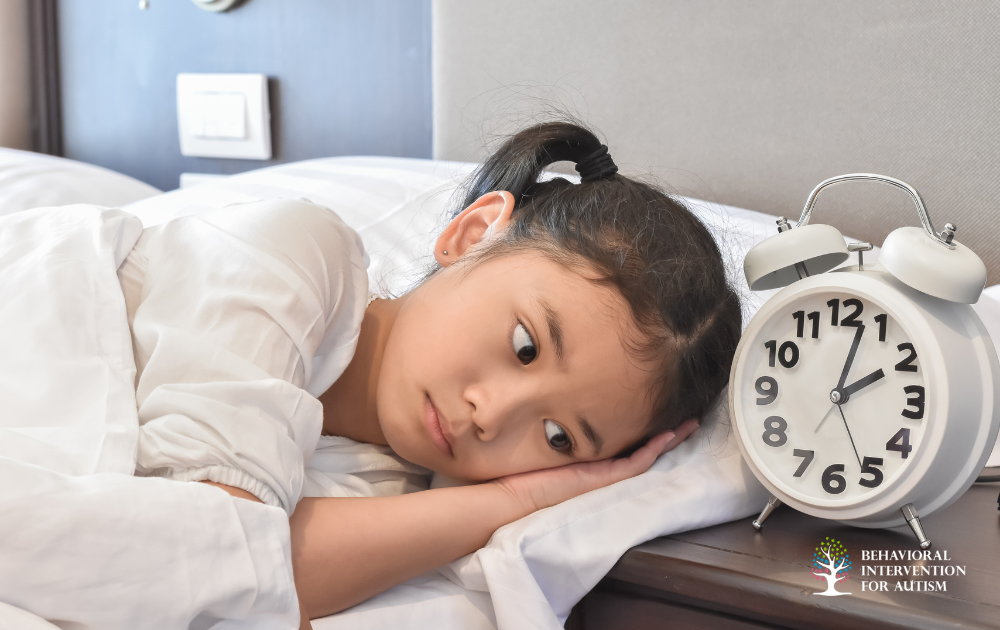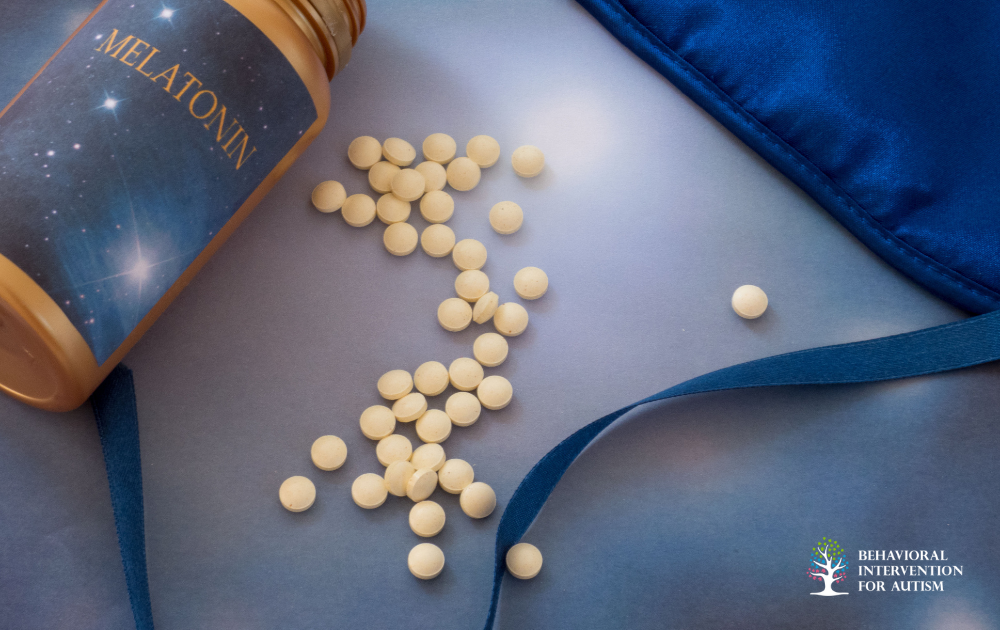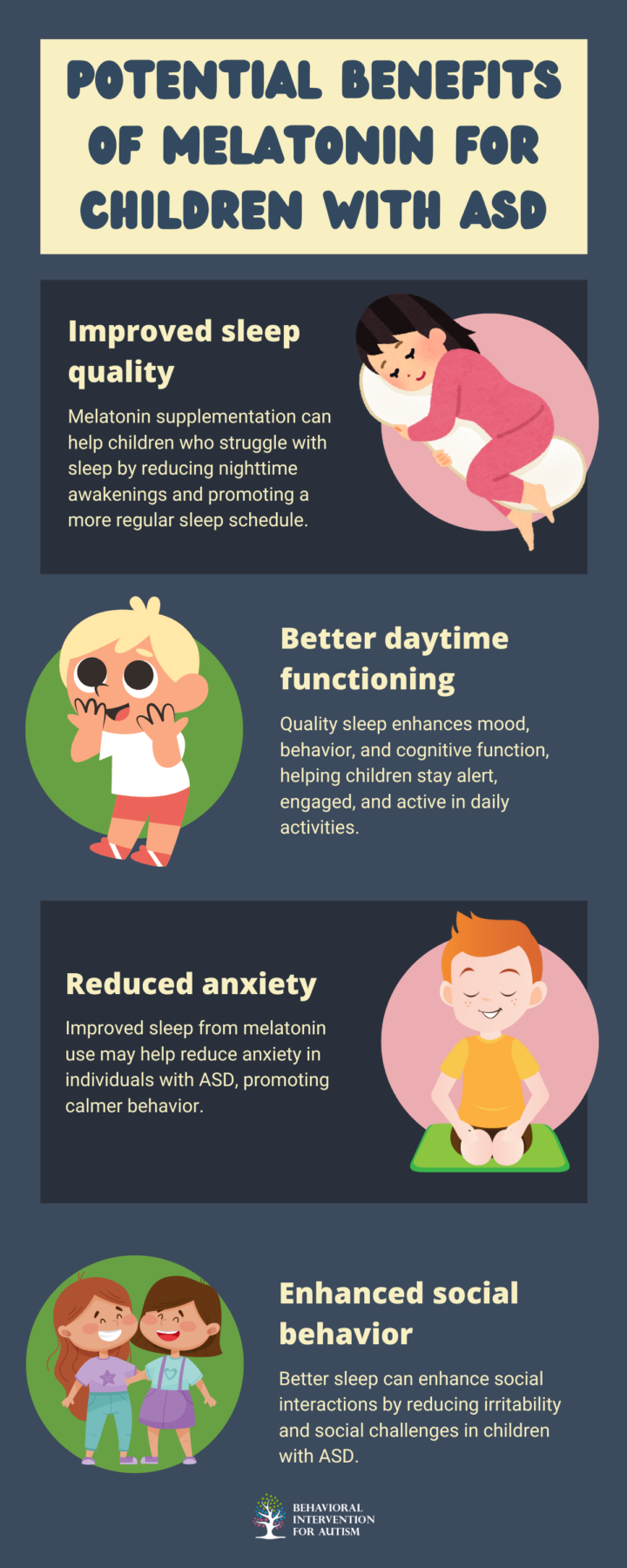
Table of Contents
Autism Spectrum Disorder (ASD) is a neurodevelopmental condition that affects communication, behavior, and social interactions. Among the many challenges individuals with ASD face, sleep disturbances are one of the most common issues. These disturbances often manifest as difficulties falling asleep, staying asleep, and maintaining a regular sleep-wake cycle. In recent years, melatonin has emerged as a potential treatment for managing sleep difficulties in individuals with ASD. This article delves into the relationship between melatonin and autism, exploring how melatonin works, its effectiveness, and potential benefits and risks for individuals with ASD.
Understanding Melatonin
Melatonin is a hormone that is naturally produced by the pineal gland in the brain. It plays a key role in regulating the sleep-wake cycle, also known as the circadian rhythm. The production of melatonin is influenced by the amount of light exposure during the day, with levels increasing in the evening as it gets darker and decreasing during daylight hours.
In the body, melatonin works by signaling to the brain that it is time to sleep. It helps induce feelings of drowsiness and lowers body temperature, which prepares the body for rest. Melatonin supplementation, in the form of pills, tablets, or liquid, can be used to mimic the natural rise in melatonin levels, promoting sleep in individuals who have difficulty falling asleep or maintaining sleep.

Sleep Disturbances in ASD
Sleep problems are prevalent among individuals with Autism Spectrum Disorder, with studies showing that between 40% to 80% of children with ASD experience significant sleep issues. These can include:
- Difficulty falling asleep: Many children with autism struggle with initiating sleep, which can be exacerbated by anxiety, sensory sensitivities, and other co-occurring conditions.
- Difficulty staying asleep: Frequent waking during the night is common, often requiring parental intervention to help the child return to sleep.
- Early morning awakenings: Some individuals with ASD wake up very early, disrupting their natural sleep patterns.
- Irregular sleep-wake cycles: The circadian rhythm in individuals with ASD may be misaligned, causing difficulty in maintaining a consistent sleep schedule.
Sleep disturbances in individuals with ASD can have profound impacts on their overall well-being, affecting mood, behavior, cognitive function, and social interactions. Because sleep plays a critical role in development, effective interventions for managing sleep disturbances are essential for improving quality of life.
The Role of Melatonin in Sleep Regulation for Individuals with ASD
Research suggests that melatonin supplementation may be particularly beneficial for individuals with ASD who experience sleep disturbances. There is evidence to support that melatonin levels may be lower or dysregulated in children with autism, contributing to sleep difficulties. Studies have shown that melatonin supplementation can help reset the sleep-wake cycle in these individuals, leading to improvements in sleep onset, sleep duration, and sleep quality.
Melatonin and the Circadian Rhythm in ASD
For many individuals with ASD, the circadian rhythm is disrupted, leading to irregular sleep patterns. This disruption may be due to differences in the way the brain processes light, and the timing of melatonin production may be delayed. As a result, melatonin supplementation can help to restore a more typical sleep-wake cycle by encouraging sleep at the appropriate times, especially for children who have difficulty transitioning to a regular bedtime.
By providing melatonin at specific times, it is possible to “reset” the internal clock, helping children with ASD fall asleep at night and stay asleep throughout the night. This synchronization of the circadian rhythm can also improve morning wakefulness and overall daytime functioning.

Research on Melatonin Use in ASD
Numerous studies have examined the efficacy of melatonin in improving sleep for children with ASD. Findings indicate that melatonin is generally safe and effective for promoting sleep in children with autism, although the response can vary from individual to individual.
- Effectiveness: In a study published in the Journal of Autism and Developmental Disorders, researchers found that melatonin supplementation significantly improved sleep onset, duration, and quality in children with ASD. Many parents reported improvements in the overall sleep patterns of their children, with some children experiencing fewer nighttime awakenings and longer periods of continuous sleep.
- Safety: Melatonin has been found to be relatively safe when used at appropriate doses. The side effects of melatonin are generally mild and may include dizziness, daytime drowsiness, or headaches. There is no evidence to suggest that melatonin supplementation leads to dependency or disrupts normal hormone production when used properly.
- Duration of Use: The effectiveness of melatonin may vary depending on the duration of use. Some studies suggest that short-term use (ranging from a few days to a few weeks) is effective in helping children establish a more regular sleep routine. However, long-term use may be necessary for some children to maintain consistent sleep patterns.
Timing and Dosage
The timing and dosage of melatonin are important factors in determining its effectiveness. It is generally recommended to administer melatonin 30 minutes to an hour before bedtime. The dose typically ranges from 0.5 mg to 5 mg, depending on the child’s age, weight, and sleep needs.
Because each individual responds differently to melatonin, it is essential to consult with a healthcare provider to determine the correct dosage and timing. Overuse or inappropriate timing of melatonin may lead to side effects such as morning grogginess or difficulty waking up.
Potential Benefits of Melatonin for Children with ASD
The use of melatonin in children with autism may offer several key benefits, including:

Potential Risks and Considerations
While melatonin is generally considered safe for short-term use, there are some potential risks and considerations:
- Daytime drowsiness: One of the most common side effects of melatonin is daytime drowsiness or grogginess. This can be managed by adjusting the timing or dosage of the supplement.
- Disruption of natural sleep cycles: In some cases, melatonin may not work as intended or may disrupt the individual’s natural sleep cycle if used incorrectly.
- Interactions with other medications: Melatonin can interact with certain medications, such as blood thinners, immune suppressants, and diabetes medications. It’s important to discuss melatonin use with a healthcare provider if the child is on other medications.
- Long-term use: While melatonin is safe for short-term use, there is limited research on its long-term effects, especially in children. The long-term use of melatonin should be monitored by a healthcare provider.
Non-Pharmacological Approaches to Managing Sleep in ASD
While melatonin can be a helpful tool for managing sleep disturbances in ASD, it is not the only approach. Non-pharmacological strategies may also be effective in improving sleep patterns. These approaches include:
- Behavioral interventions: Cognitive-behavioral therapy for insomnia (CBT-I) and other behavioral approaches can help individuals with ASD develop better sleep habits and routines.
- Environmental modifications: Creating a sleep-friendly environment can improve sleep quality. This might involve reducing noise and light exposure before bedtime, using weighted blankets, or implementing a consistent bedtime routine.
- Dietary considerations: In some cases, dietary changes or the use of supplements, such as magnesium or melatonin-rich foods, may improve sleep.
- Exercise and relaxation techniques: Regular physical activity during the day can help promote better sleep at night. Additionally, relaxation techniques such as deep breathing or mindfulness can help reduce anxiety and promote sleep.
Melatonin can be an effective and safe option for managing sleep disturbances in individuals with Autism Spectrum Disorder. By helping regulate the sleep-wake cycle and improving sleep quality, melatonin supplementation can have a positive impact on behavior, mood, and overall functioning. However, as with any treatment, it is essential to work closely with a healthcare provider to determine the most appropriate dosage, timing, and duration of melatonin use.
While melatonin is a valuable tool, it should be considered as part of a comprehensive approach that may include behavioral interventions, environmental modifications, and other strategies to promote better sleep in individuals with ASD. With the right combination of treatments, individuals with autism can enjoy improved sleep and a better quality of life.
Discover How ABA Therapy Can Help Your Loved One Sleep Better
Melatonin is often used to help individuals with ASD manage sleep disturbances, offering a potential solution to improve sleep patterns. However, it’s important to consider a holistic approach that includes behavioral strategies. Behavioral Intervention For Autism offers ABA programs in Florida that are designed to support sleep routines, enhance overall well-being, and address the underlying behaviors affecting sleep. Our expert team creates tailored interventions that help individuals develop better sleep habits while fostering long-term improvements in daily functioning. If you’re looking for guidance on how to enhance your loved one’s sleep, contact us today to learn more about our personalized ABA therapy services.
- 9 Common Obsessions of Children With Autism You Should Know - February 25, 2025
- What is Neurodiversity? A Guide to Embracing Differences - February 25, 2025
- Understanding Hyperfocus in Autism: What It Means and Why It Happens - February 25, 2025
